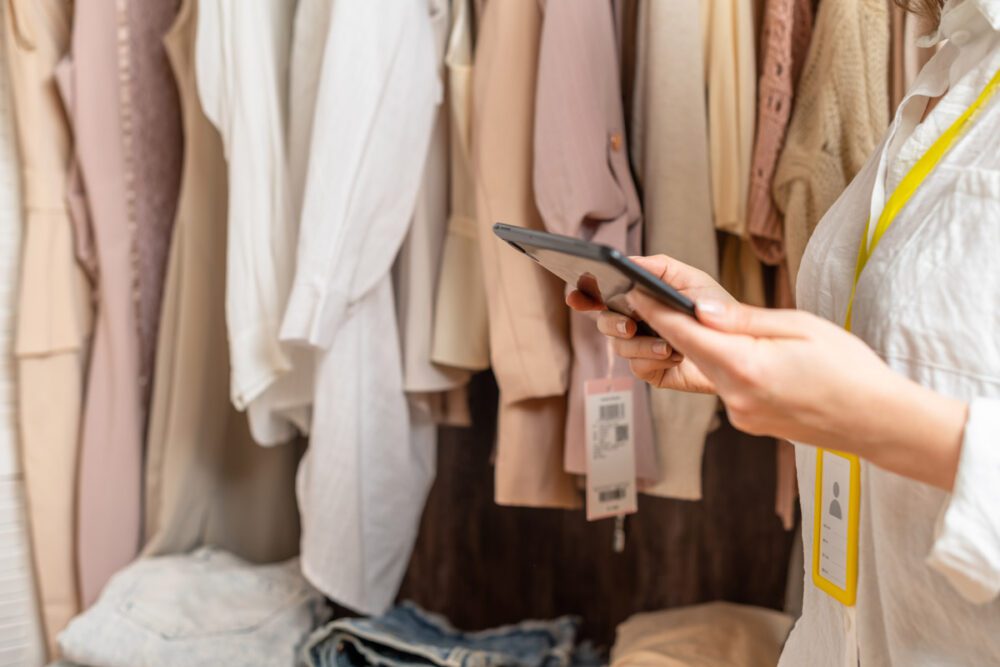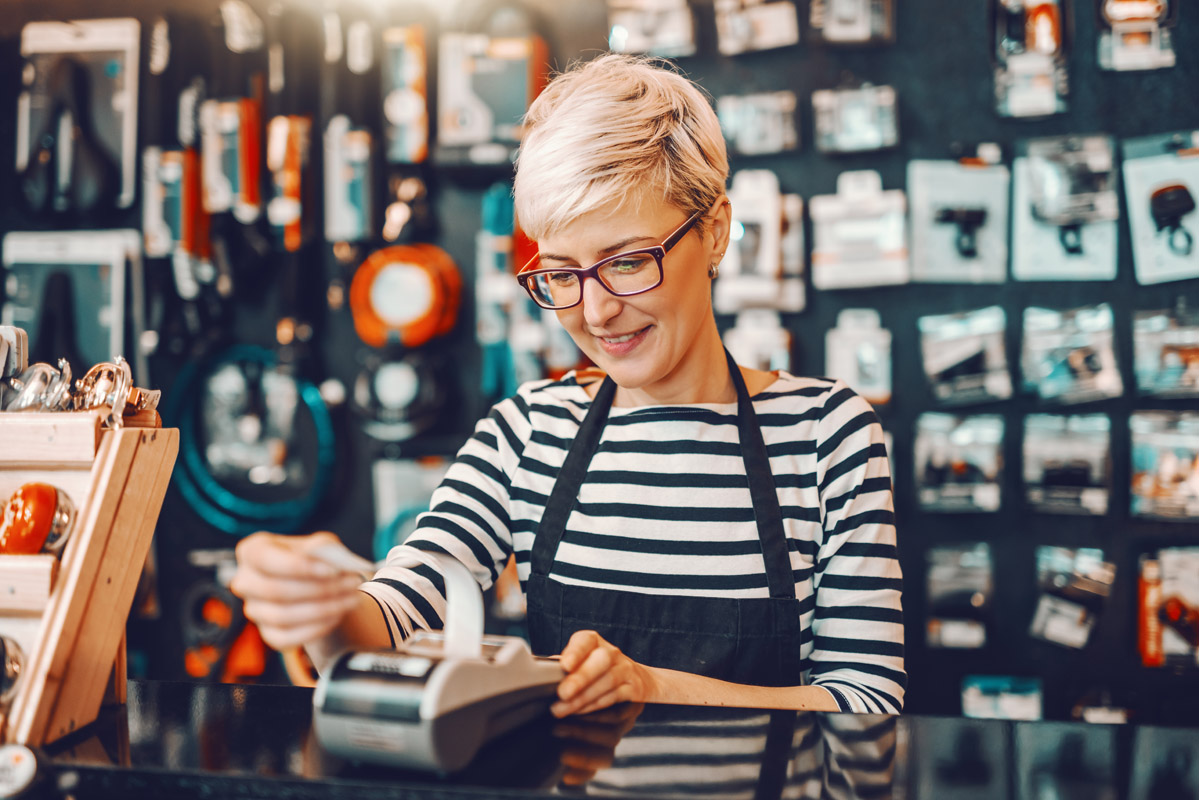The face of retail is continually changing and our sector needs to leverage technology in order to respond effectively. But when it comes to front-line tech, our employees on the ground have been underserved. To meet this need and empower them to take ownership of our retail brand, we need to think simple.
The answer – digitising checklists, spaces and training. This will enable us to move away from paper-based processes we still rely upon, providing your front-line with the digital tools to take action.
A move to digital processes also comes at a time when the sector faces new challenges as we navigate and move beyond COVID-19. The pandemic created extra pressures such as a loss in footfall, furloughed employees and store closures. But perhaps the greatest change it brought about was a need to challenge the status quo and rewrite the rules of retail.
The customer isn’t always right
The notion that the customer is always right has long been at the core of retail and the foundation of customer service. However, COVID-19 required us to challenge this. The need to protect shoppers and staff alike increased expectations on retail operators and called for action and accountability for the customer. We had to prepare our employees to have tough conversations and regiment in-store compliance. Even more challenging, we had to navigate these changes with staff on furlough. A newly remote workforce required training to prepare them for the new reality, and digitised training was the answer to make resources accessible and get them ready to return.
Sustainable spaces
It was a key topic even before COVID, but it’s now a firm differentiator in the retail space. Customers are returning to stores with sustainability high on their agenda and we need to be iterating in order to respond. We can address this along our supply chain and in our stores, but it’s easier said than done.
One place we can start is with technology – using digital solutions and tech to monitor store conditions. For example, using sensors in combination with digital checklists across multiple stores for real-time monitoring of temperature conditions, such as in-store fridges. These sensors can then alert those that matter in order to take action and prevent food wastage.

Agility as a competitive edge
Most retailers are currently offering services that they didn’t before the pandemic. As things changed we had to move with the times, from providing hand sanitizer and masks to adjusting layouts and store limits. The pandemic fundamentally changed the way we work.
But those retailers that were most successful during the last 18 months quickly pivoted their business models through digital operations. From click and collect to curbside pick-up, they created additional services across multiple stores to meet changing customer needs and expectations. But are these changes just a short-term fix, or are they here to stay?
We may not know what the retail forecast holds over the next 12, 6, or even 3 months. But one thing is for sure: customer expectations will continue to change and grow. It’s essential we digitally transform our operations to provide our employees and retail brand with the continued agility it needs to navigate a new kind of retail.
Find out how you can rewrite your retail playbook by harnessing the power of the humble checklist and mobile-first training in our brand new eBook, Rewriting Retail: the power of the humble checklist.
About SafetyCulture:
SafetyCulture is the operational heartbeat of working teams around the world. Its mobile-first operations platform leverages the power of human observation to identify issues and opportunities for businesses to improve everyday. More than 28,000 organisations use its flagship products, iAuditor and EdApp, to perform checks, train staff, report issues, automate tasks and communicate fluidly. SafetyCulture powers over 600 million checks per year, approximately 50,000 lessons per day and millions of corrective actions, giving leaders visibility and workers a voice in driving safety, quality and efficiency improvements.


















